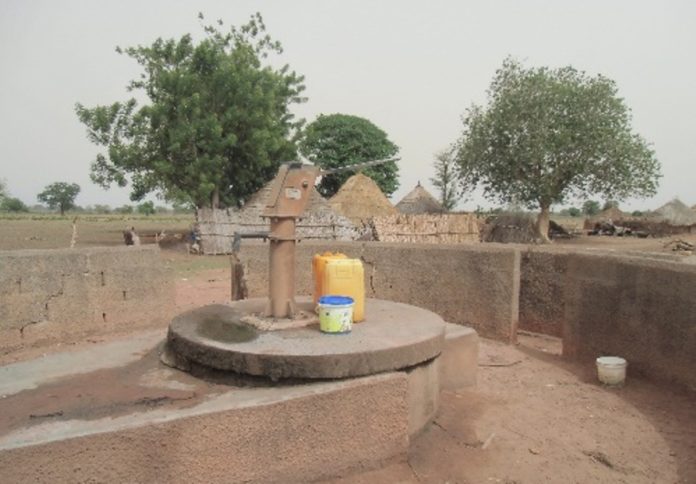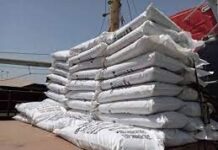This Column is meant to monitor and report on issues that concerns the people of rural communities in terms of how their development is hindered or facilitated.
Rural development is a process that aims to improve the standard of living of people, living in rural communities.
According to Robert Chambers, rural development is a strategy that enables a specific group of people like poor rural women and men, gain for themselves and their children, more of what they want and need. He said it involves helping the poorest among those who seek a livelihood in rural communities to demand and control more of the benefits of rural development; that the group includes small scale farmers, tenants and the landless.
Thus, the term rural development may be used to imply any one of the above-mentioned connotations.
To avoid the ineffective floundering among the myriad definitions, we shall define rural development as a process leading to sustainable improvement in the quality of life of rural people, especially the poor.
According to Lamin Sambou Kinteh, for rural development to be meaningful and realizable, the trinity of development must be present and such as electricity, water and rural infrastructural development like roads, industries, schools, health facilities etc.
The Sustainable Development Goals are the blueprint to achieve a better and more sustainable future for all. They address the global challenges we face, including those related to poverty, inequality, the climate, environmental degradation, prosperity, peace and justice. The goals interconnect and in order to leave none behind, it is important that we achieve each goal and target by 2030.
The sixth SDG which deals with water and sanitation indicated among other things that “portable water for all, is an essential part of the world we want to live in and there is sufficient fresh water on the planet to achieve this”. However, due to bad economics or poor infrastructure, millions of people including children die every year from diseases associated with inadequate water supply, sanitation and proper hygiene.
The sixth SDG went on to indicate that water scarcity, poor water quality and inadequate sanitation, negatively impacts on food security, livelihood choices and educational opportunities for poor families across the world; that at the current time, more than two billion people live with the risk of reduced access to freshwater resources; that by 2050, at least one in four people is likely to live in a country affected by chronic or recurring shortages of fresh water.
In the last edition, we highlighted the water issue of Njaley Samba. In this edition, we shall highlight the water crisis in Jamali Babou.
Jamali Babou, a village in Niani District Central River Region North of the Gambia has been hit with water crisis for a long time as their only hand-pump well broke down.
According to residents of the village, the situation still persist and they have to travel two kilometers daily to get water from other villages.
According to Njoba Khan, the water crisis in the village is caused by the broken hand-pump of the well which is the only available one in the village as a source of water; that up to the time he was speaking to this reporter, nothing was done to maintain it. She said the hand-pump well was dug in 2001.
“This long trek in search of this essential commodity daily, is increasing on our drudgery and suffering. This has been going on for so long and we are not seeing any end to it,” she concluded.
Rohey Ndow on her part said the water crisis in the village, still persist and is impacting negatively on their health as water is essential to ensure sanitary hygiene.
According to her, apart from their domestic consumption of water from the well, they use the well to water their domestic animals.
Other villagers who spoke to this columnist, shared the same view with the previous speakers and called on Government and Non-governmental Organisations to help them address the problem, which has been going on for long.



















